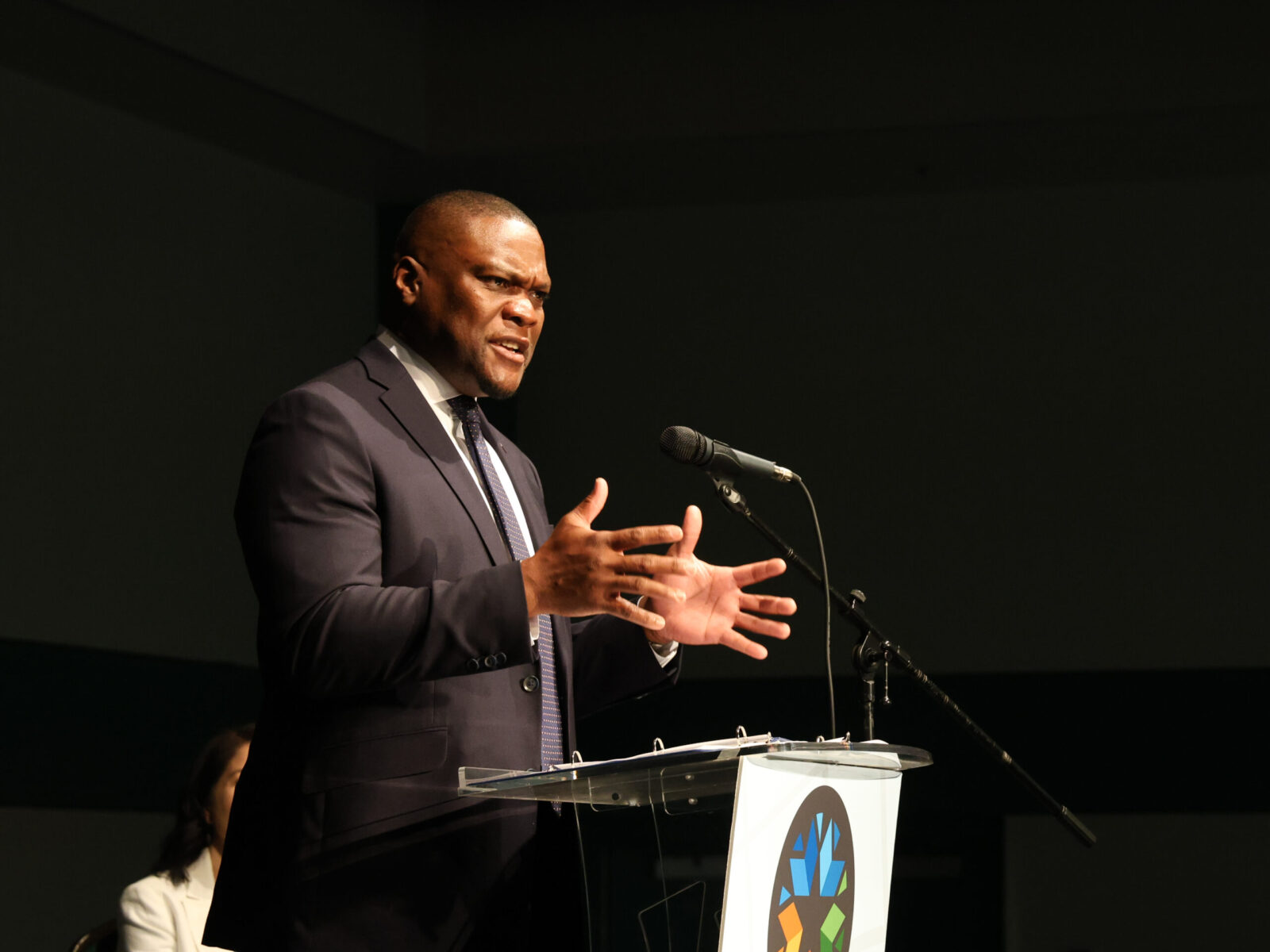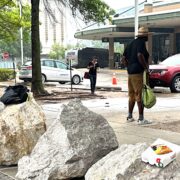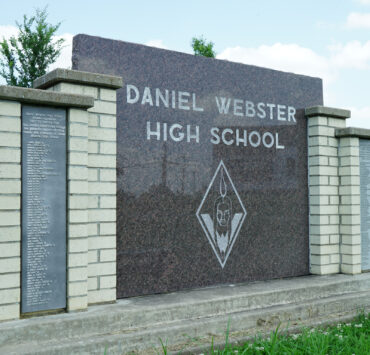
LOCAL
Kimberly Marsh, The Oklahoma Eagle
Mayor Nichols is pushing back on the governor’s interference with Tulsa’s homelessness plan. Photo: Tim Landes/The Oklahoma Eagle
Gov. Kevin Stitt’s controversial clearing of homeless encampments in Tulsa that began last week interfered with an effective system reducing the rise in homelessness, Mayor Monroe Nichols told reporters Monday.
Nichols said all service providers and outreach teams in the city are still working on a coordinated effort to get 300 people into housing over the next nine to 12 months. However, Nichols accused Stitt of delaying that outcome.
The governor, a Republican, directed the Oklahoma Highway Patrol (OHP) to remove encampments and give people experiencing homelessness a ride either to service providers or to jail.
Since the sweep began on Thursday, 30 encampments have been removed, nobody has been taken to jail and only one person has been taken to services, according to OHP spokesperson Sarah Stewart.
“If you are taking dramatic action, it would have been better to do it in any other year of his administration,” Nichols, a Democrat, said. “But he did it when we are starting an engagement plan to get people help.”
Last month, Tulsa City Council approved $6 million as part of a rapid rehousing program that includes individualized wraparound services. Nichols said Monday his staff was preparing to announce the first milestone in a few weeks. But due to the governor’s program, which isn’t tracking people, service providers have to start over.
“So folks are displaced. That creates an intense and potentially dangerous condition for those already in crisis,” Nichols said.
As the mayor’s team continues to meet and work daily on solutions, Tulsa leaders plan to visit and use Salt Lake City as a model. Led by a Republican governor and legislature, Utah has invested more than $266 million over the past five years to address homelessness. This month, Utah announced it was nearing acquisition of 16 acres in Salt Lake City to build a 1,300-bed homeless services campus.
As for Oklahoma, Nichols said the state has enough money to end homelessness now if it had the political will.
“The state is currently sitting on several billion dollars and addressing homelessness would be a drop in the bucket,” Nichols said, adding that he will appeal to state legislators who may have “more reasonable viewpoints” about solutions.
Nichols served in the Oklahoma House from 2016 and 2024, when he was elected mayor. The 2026 session begins Feb. 2.









